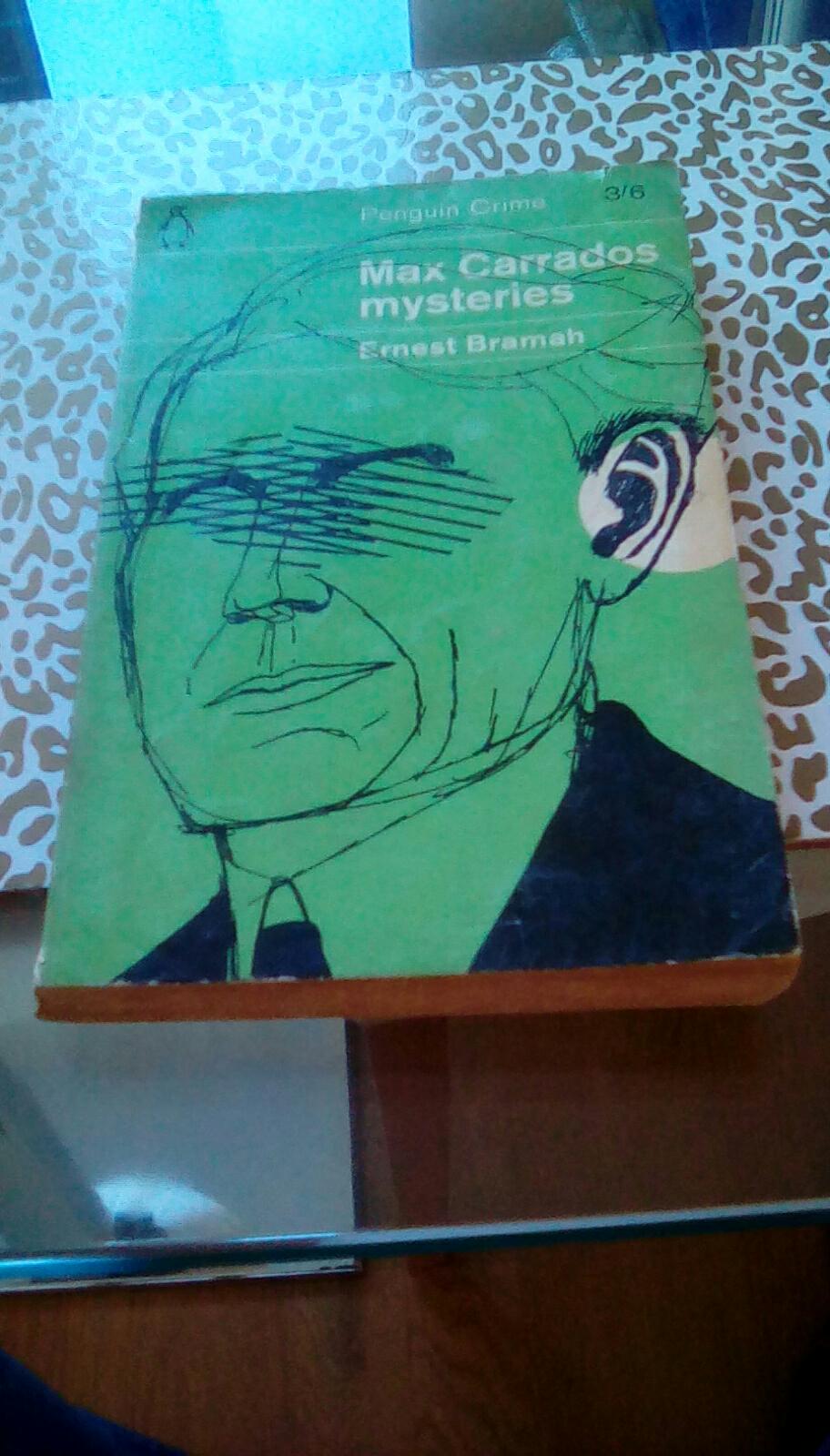Hello there. Hope you're feeling well today.
The Faber publishing house are ninety this year and to celebrate have produced pocket books of some of their writers through this period to mark the occasion. In the same way Penguin have done in the past.
So as I introduced when chatting about the Welsh Rugby League game I went to last Saturday I've been reading this.
Djuna Barnes / Lydia Steptoe
|
I enjoyed these stories. They seemed to be of realistic people of all ages but with a certain quirky slant to them. This book did what I suspect it was meant to do, encourage me to read more of her books in the future.
Now one of the reasons why I've not chatted about books for a bit is because I've been reading five books on the go (yes I know) but moving house has made me realise in a whole lot of ways I'd better cut down until the move actually happens. So until then it will be one physical book and the Kindle. Which will mean no more library books for a while, which was the first thing I dropped if you remember on moving out of Bridgend.
But back to the books it's ironic that I read the Djuna Barnes book in the breaks of a Welsh rugby league game given that the next book (a Penguin paperback) was bought when I saw that game in Pontypridd last year.
 |
| C2158 - Ernest Bramah -Max Carrados Mysteries |
This is from Penguin's classic green crime cover and was first published in 1927.
I wish I could say I liked it but to be honest nothing could be further from the truth. Max Carrados is a brilliant blind private detective. OK I'll take that. But wait he also has a remarkable sense of touch that he could read a newspaper by this way. This moves him straight into the "Oh come on!" territory.
It gets worse. These stories don't give the reader a chance to work out who/why a crime was done so when it's revealed the reaction is "What?"
The author doesn't seem to like women either. They're not described flatteringly. Female suffrage is something he doesn't like either and he combines the two by describing a suffragette character as looking like a vole.
He won't like the fact I preferred a female writer to him then.
Until the next time.

No comments:
Post a Comment